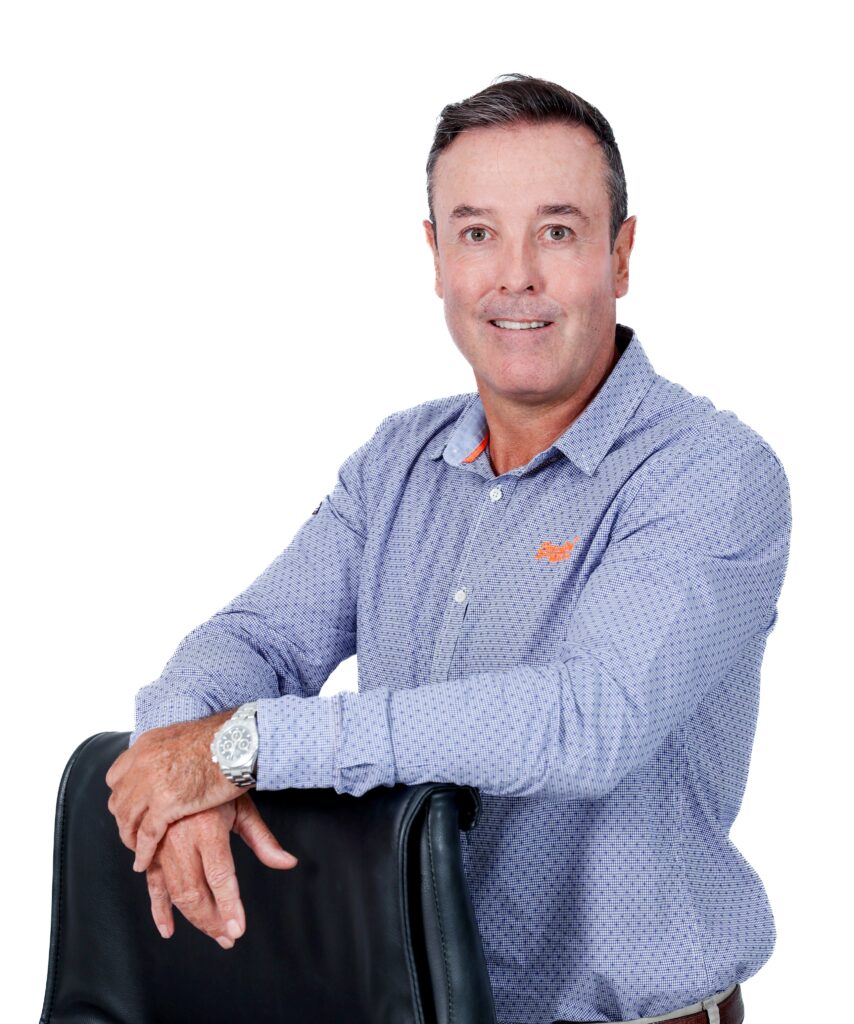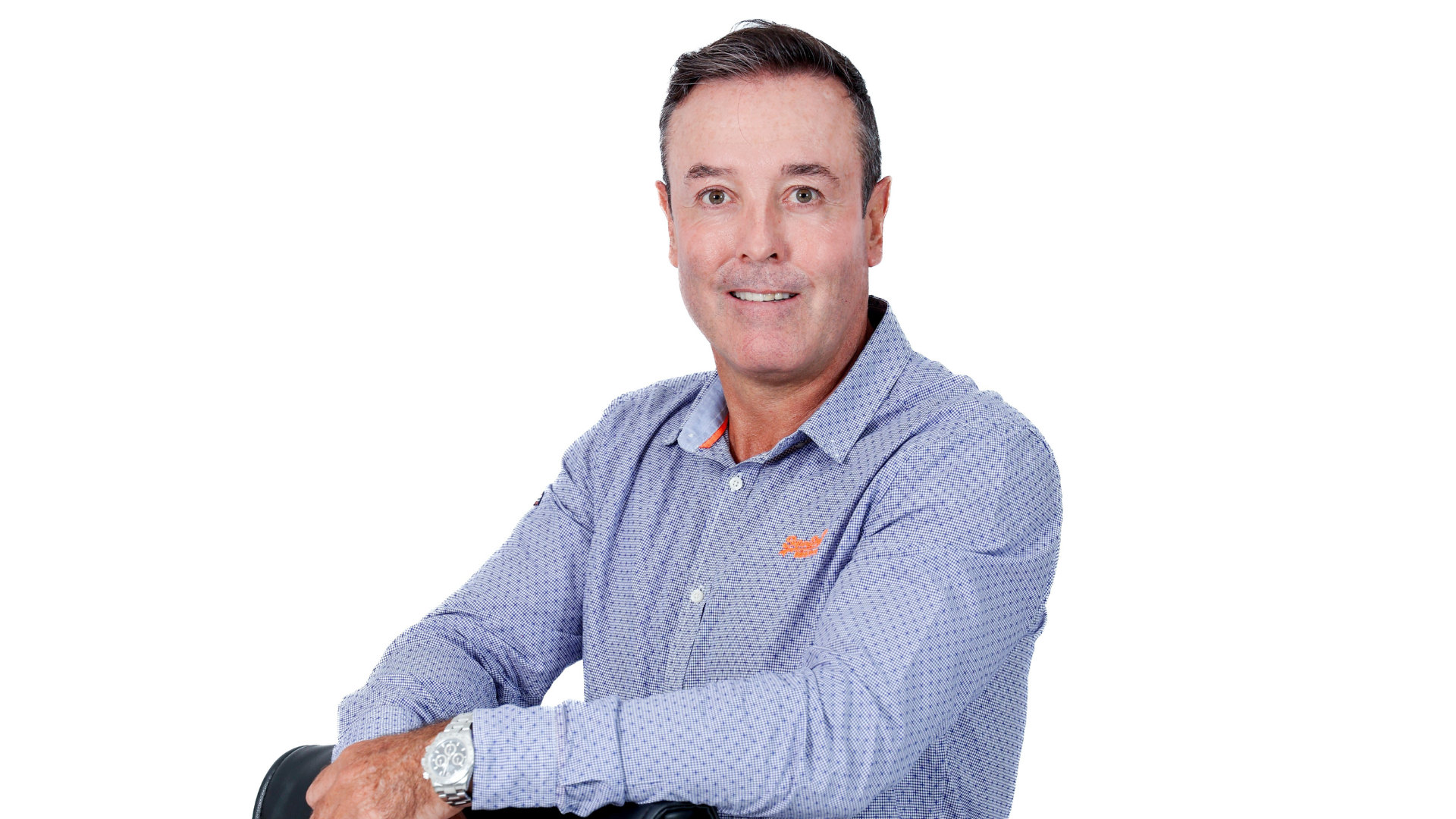TECHNOLOGY CAPABILITIES:
- Telemedicine technologies provide medical care consultations in real-time, 24/7, anywhere.
- Remote patient monitoring and information gathering to provide healthcare practitioners with relevant details
- Five exchangeable modules for the Higo device include a dermhood, stethoscope, throat exam module, otoscope and thermometer which can be used to perform more than 9 exams
- High-quality data storage, accessible AVA application, always-on connectivity
BUSINESS VALUE:
- Convenient healthcare that reduces time and money spent on patient waiting times and travel
- Staff have access to affordable healthcare on-site with 24/7 access to doctors in 30 minutes
- Reduces staff sick leave and increases productivity
- Records digital health records for all staff
South African employees often struggle to receive timeous, affordable and accessible healthcare. The challenge for many healthcare initiatives within organisations is that the melting pot of cultures means it is complex to ensure that religious and personal needs are met without hiring multiple people to meet these needs. AVA allows employees to manage and control their own healthcare without intervention and within their personal boundaries.
“AVA provides organisations with a solution that bypasses many of the challenges faced by their employees when it comes to managing their healthcare requirements,” says Rodney Taylor, MD at Guardian Eye. “The model is designed to make healthcare accessible for anyone, regardless of gender, culture or religion and it eliminates the need for employees to travel long distances and endure long wait times when they are ill.”
AVA, which means ‘life’ in Hebrew, is the first asynchronous telemedicine platform of its kind in South Africa. Using a Higo device with five exchangeable modules – the dermhood, stethoscope, throat exam module, otoscope, and thermometer – users undertake their own physical exam while accurate data is submitted to a doctor for final diagnosis within 30 minutes. Unlike telemedicine which usually has extensive wait times and delays, the AVA service is immediate.
“The equipment does the consultation,” says Rodney. “They use the digital devices to digitally capture relevant health information that’s sent through to our platform where a doctor assesses the data to deliver a diagnosis and a script for treatment if needed. Unlike telemedicine where the data is viewed live with a doctor, AVA is asynchronous – the information is gathered, submitted, viewed, and then a diagnosis is delivered.”
AVA can be seamlessly installed within any organisation around the country and is then managed and controlled by Guardian Eye’s team of health champions and professionals. With a subscription to AVA, companies can offer employees free healthcare alongside unlimited access to sick notes, prescriptions and doctors. It is a primary healthcare product that sits within the business and prevents employees from spending unnecessary time travelling to medical centres or coming to work and infecting other employees when they should be at home recovering. As a result of this accessibility, trial organisations have already experienced a significant reduction in sick leave days and sick notes alongside an increase in productivity and staff wellness.
“Many companies don’t offer medical aid anymore as this cost has become quite prohibitive, and AVA fills this gap perfectly at the right price point,” says Rodney. “It’s R59 per employee per month, which is measurably less than medical aid fees. When many people can’t afford even a basic medical aid plan, this solution steps in and gives people peace of mind and immediate care.”
The applications are extensive. In call centres, shopping centres, groceries and retail outlets, offering employees health support can reduce the risks of infection and disease spreading while reducing their chances of becoming even sicker as their illnesses are untreated. Some employers only offer hospital plans or medical insurance which does not cover primary healthcare. AVA allows employees to have quality primary health care. Even people who have medical aid packages rapidly run out of their allowance and often endure being ill rather than seeing a doctor because of a lack of funds and access.
AVA can be implemented in organisations on a subscription or prepaid basis, in homes for wealthier users who want rapid access to medical support, in care facilities for care workers and home carers who want medical advisory at speed, in remote mines and rural factories – the applications are extensive. The devices provide basic diagnoses, they are not yet able to deliver chronic medical advisory, but this may evolve over time as the solution becomes widely used across the country.



